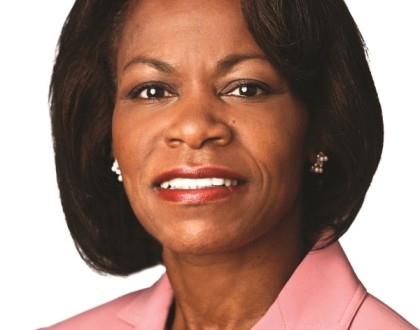Partnering to Improve Breast Health Awareness

Much progress has been made in the prevention and treatment of breast cancer, but there is still a lot of work to be done to keep women healthy. According to the American Cancer Society, 12 percent of women in the United States will develop invasive breast cancer and nearly 40,000 women will die this year from the disease. (“What are the key statistics,” 2013).
These statistics reinforce why Neighborhood Health Plan (NHP) and YWCA Boston have partnered to improve awareness about breast health and bring health education and prevention efforts directly into communities in greater Boston. Together, we are committed to improving the health and wellness of the diverse residents of the Commonwealth.
As part of this effort, we are celebrating our fifth annual Breast Health Phone-a-thon on November 12. Approximately 40 volunteers across both of our organizations will call more than 200 local women to answer questions and provide education and information about mammography screenings. Callers will help arrange screening appointments, using creative resources such as Dana-Farber’s Mammography Van that visits different community health centers throughout Boston. This year, volunteers from Dana-Farber will be onsite to schedule appointments at health centers or hospitals that are most convenient for each woman contacted.
Our Phone-a-thon has made an incredible impact. Together, we have placed over 2,000 calls and reached more than 800 women in greater-Boston. And volunteers help women to overcome fears and misinformation about mammograms. For instance, many women are unaware that their mammography screening is fully covered by insurance at no cost to them, and that they do not need a referral.
Central to NHP’s mission is our belief that all individuals should be treated with fairness, honesty, and respect, without bias, and that we should embrace diversity in all of its dimensions. We are proud to partner with an organization committed to eliminating health disparities, while empowering women to access the high-quality healthcare that they need and deserve. Together, we will continue to ensure the health and well-being of communities most in need.
Reference: What are the key statistics about breast cancer? (2013)
